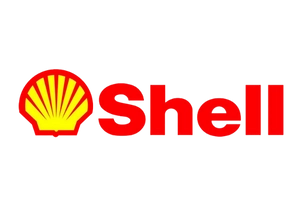Shell Companies, registered with the EU Transparency Register, is the European lobbying arm of Shell, a global leader in the energy and petrochemical sector. As one of the most prominent corporate lobbyists in Brussels, Shell Companies plays a central role in shaping EU policy on energy, climate, and industrial regulation. The firm’s lobbying activities are extensive, reflecting Shell’s strategic interests in the transition to sustainable energy, regulatory frameworks for fossil fuels, and the evolving landscape of emissions trading and green technology.
Shell Companies’ lobbying strategy is multifaceted, involving direct engagement with EU institutions, participation in influential advisory groups, and active membership in major industry associations. The firm’s declared interests focus on promoting both its own business objectives and the collective interests of the energy sector, particularly in areas such as emissions reduction, energy security, and innovation in renewable technologies1. Shell’s Brussels office coordinates these efforts, leveraging a significant annual lobbying budget to maintain a robust presence in policy discussions.
Financially, Shell Companies is among the top spenders in EU lobbying, with declared costs approaching €5 million annually in recent years. These expenditures cover a range of activities, including the preparation of position papers, direct meetings with policymakers, and sponsorship of policy events. The firm also pays substantial membership fees to European industry associations and think tanks, reflecting its commitment to collective advocacy and networking.
Shell Companies’ influence extends through its active participation in several key European Commission expert groups, such as the EU Energy Platform Industry Advisory Group and working groups on maritime emissions and electromobility standards1. These roles enable Shell to contribute to technical discussions and policy formulation at the highest levels of EU governance. The company also maintains a visible advocacy presence through regular communication updates and engagement on social media platforms.
Despite its prominence, Shell Companies operates within a regulatory environment that demands transparency and accountability. The firm is required to disclose its lobbying activities, financial data, and affiliations, ensuring public scrutiny of its efforts to shape EU policy. This transparency is reinforced by recent reforms to the EU’s lobbying register, which mandate the publication of meetings and resource allocation for interest representation.
In summary, Shell Companies is a major force in EU lobbying, leveraging financial resources, strategic partnerships, and expert engagement to influence the policy environment in line with its business interests and the broader goals of the energy sector.


